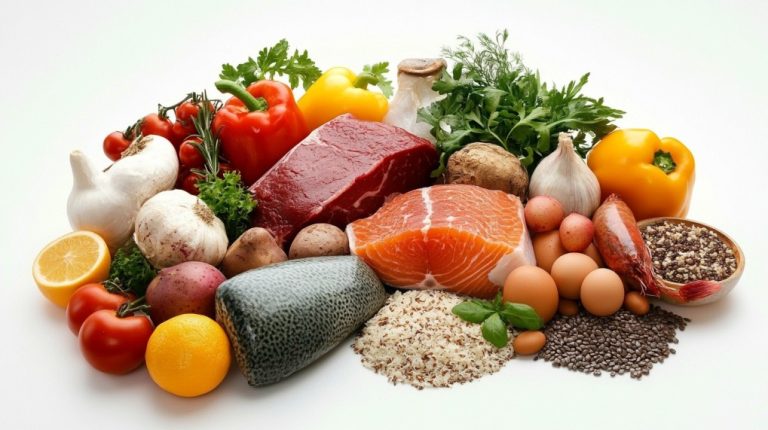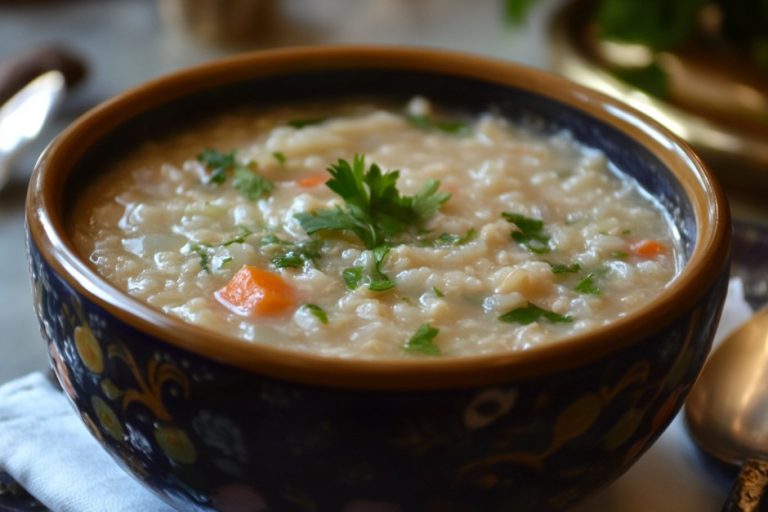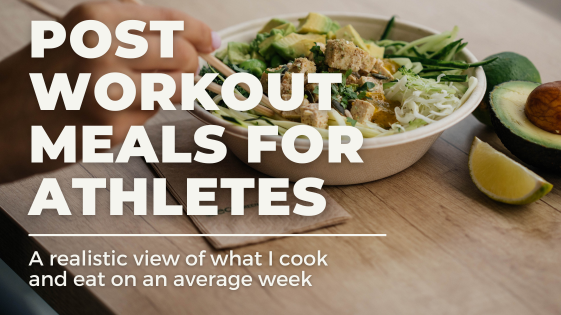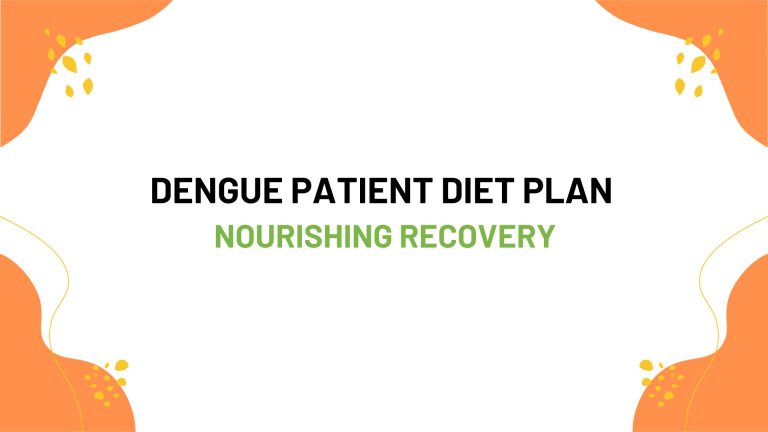Calorie cutting is one the important measures to lose weight, but not the only way. Many people think that weight loss is simply about cutting calories. That said, some major misconceptions about calories, body weight, fat loss and health are:
What does the term “calories” refer to? Calories in applies to the food we eat where as calories out has several components. In order to understand calories out, let us first understand these basic terms:
Resting energy expenditure is the energy used to handle basic, day-to-day physiological functions and maintenance
Thermic effect of food is the energy used to digest food and process nutrients.
Active energy expenditure is the energy used when the body is working both internally (like shivering) and externally (like walking) Calories in and calories out are two independent variables.
In actuality, the quantity and the kind of calories consumed, affect the amount of energy expended by the body:
On calorie restriction, the body tries coping mechanism by lowering resting metabolic rate and decreasing spontaneous physical activity. To continue the process of weight loss, you keep lowering your food intake further in order to counteract the reduced metabolic rate until the body readjusts. Whole foods are known to expend more energy to process and digest than processed foods.
Protein also requires higher energy to process and digest than other macronutrients. Compared to a low-fat, high-carb diet; a high-protein diet leads to more energy expenditure after eating.
Weight gain is the result of consuming calories greater than your body burns. This is one way of gaining weight. Along with how much; you also need to understand what types of calories are needed to be consumed for gaining healthy weight. A concept many of us do not understand!
Weight loss and fat loss are usually referred interchangeably. But are they the same thing? Experimental studies on a group of overweight men and women with two diets: a very low-carb ketogenic diet or a low-fat diet showed that the low-carb group ate more calories but lost more weight and more body fat, especially abdominal fat. While another group with healthy adult men on high-carb or high-fat diets showed that even though the high-carb group lost slightly more body weight, the high-fat group lost slightly more body fat and retained more lean mass.
Just weight doesn’t tell us much. It is important to understand what kind of weight are we talking about? Is it losing or gaining fat, muscle, bone, organ? These factors matter for health.
Exercise helps you lose weight only by burning calories. Most people think of exercise as a way to mechanically combust calories. And that’s true, to a point. Exercise does burn calories, and this is a factor in weight loss. But it does lots of other cool things to our physiology that can assist with improving body composition, too. Compared to something high intensity like burpees or something aerobic like running a 10k, lifting free weights doesn’t burn many calories when you’re lifting them. But it does improve insulin sensitivity, which reduces the amount of insulin we secrete for a given amount of carbohydrate and increases our ability to burn body fat. If calories burnt were the most important factor, then the best way to lose weight would be to hammer it out with as much endurance exercise as you can withstand because that’s the most calorie intensive. But studies show that combination training aerobic and resistance training leads to greater reductions in body fat than either modality alone.
Counting calories allows us to accurately monitor food intake. Most foods at the grocery store have labels. Even restaurants have started including calorie counts in their menus. As humans, we simply trust the printed word. Whether it’s the nutritional information provided by restaurants, the calorie counts on supposedly low-calories foods, or the nutritional labels on packaged foods, calorie counts are rarely accurate. Food manufacturers can even underreport calories by 20% and pass inspection. Maybe that is the reason people have so much trouble sticking to their allotted number of calories.
So now you know that it isn’t really as simple as eating less and moving more. This might be the biggest danger of the continued propagation of these myths- Do not yourself be convinced you have failed at something simple, basic, and central to being a healthy, moral human being.
While the above article guides you to eating healthier, there is no substitute for customized professional advice given by a qualified nutritionist. We urge you to speak to your personal dietician or if you need help, contact a nutritionist at Qua Nutrition.
You can contact us at 9743430000 or log on to QUA Nutrition to Book an Appointment.









